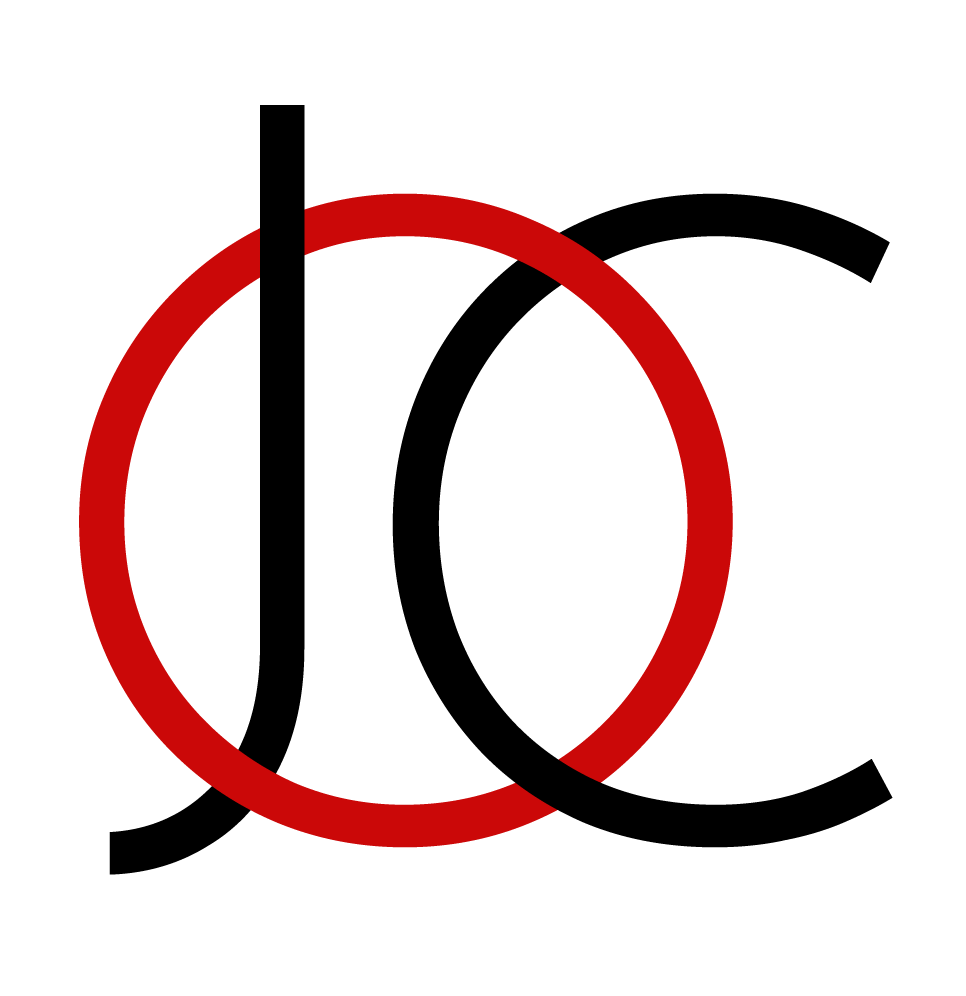Blockchain startup G.U. Technologies Inc. (Tokyo, JAPAN; CEO: Daimei Inaba, CTO: Hidekazu Kondo), in collaboration with Dentsu Inc., Minna Bank, Ltd.,pixiv Inc., Kyoto University of the Arts, CORGEAR Co.Ltd. have agreed to launch an open, EVM-compatible blockchain compliant with Japanese-law, and have released a beta version of the "Japan Open Chain" mainnet, a blockchain network.



Japan Open Chain has adopted Go Ethereum, a software that has a long track record in the Ethereum testnet and is maintained by the worldwide community, mainly to ensure technical stability.
In addition, the Proof of Authority (PoA) consensus algorithm allows for low power and extremely low environmental impact blockchain operations, as well as speeds in excess of 1,000 tps (Transaction per second) and low fees.
In the blockchain in the PoA consensus algorithm, trust in the operator, the validator, is critical. The chain will be operated by a company familiar to everyone in Japan as a validator, and the chain will have a visible face with such a trusted validator to ensure sufficient trustworthiness for blockchain operation. Furthermore, PoA greatly reduces the possibility of hacking by 51% Attack, etc., which is a concern with PoS and PoW methods..
As described above, this chain will be able to conduct blockchain business under stable conditions, as the specifications of the chain and traffic conditions will be stably managed by the stable validators. Also, the specifications will not be changed without the community's permission and fees will not drastically change due to changes in market conditions.
In addition, we are also researching functionality to operate as a Layer 2 chain to the Ethereum mainnet and sharding technology to improve speed by bundling multiple chains, and we are already experimenting with currency and NFT transfers at tens or hundreds of thousands of tps.
In the future, research and development of the blockchain technology itself will be promoted, as well as various demonstration tests of Japanese law-compliant stablecoin, NFT sales, DAO and other Web3 solutions by participating companies and individuals on this chain.
Since this is a public chain, it will be available to both individuals and corporations from outside Japan as well as Japan, but currently the number of participants is limited due to the beta version.
If you would like to participate, please submit an application through the website.
Click here for participation
◽️Background
The blockchain/crypto asset area has been very active due in part to the growing attention to DeFi, NFT and Web3. Among these, Ethereum has the second largest market capitalization after Bitcoin and has attracted much attention as the core of Web3 due to its affinity with the Internet, and its market capitalization has grown to over several trillion yen.
However, the Ethereum main network and the currently released Ethereum-compatible network are currently facing the following problems.
◽️What's the problem?
- The Ethereum main chain has an average speed of 15 tps (transactions per second) due to the characteristics of the PoW system with tens of thousands of node servers operating around the world, and it also has a high environmental impact in terms of power consumption and other costs.
- In recent years, Ethereum compatible chains (EVM chains) have been rapidly attracting worldwide attention to solve the above problems, and some chains have already started operating on an experimental basis around the world. However, there are still some technical and legal problems in some chains, such as being operated by an organization that is illegal under Japanese law, using PoS even though the community is small (with risks such as 51% Attack), and using proprietary software that has not been sufficiently audited. There are many problems in full-fledged business use.
- Open node-server type chains (permissionless chains) such as PoW and PoS, in which anyone can participate as a node, also have many legal problems. For example, using an open-node chain with nodes operating around the world is likely to violate the data protection laws of the EU, China, and other countries, depending on the data being written, but there is no way to stop this. Furthermore, in the event that economic sanctions prohibit the transfer of assets to certain countries, an open node-server type chain would have difficulty coping with such a situation, and the creation of financial instruments on such a chain is likely to pose significant legal and administrative risks in the future.
- Although rules have been established for tokens issued on Ethereum with respect to crypto assets, the laws and taxation systems for NFTs and security tokens are still expected to be sorted out by financial authorities in the U.S. and other countries around the world in the future, making business use of these tokens difficult.
For example, NFTs could be classified as securities in the U.S., and easily issuing NFTs on a chain that is connected to the rest of the world could create significant future legal and administrative risks under the laws of various countries.
Japan Open Chain eliminates the above problems. We will continue to make various efforts for further technical and legal security and safety use of the blockchain in the future.
◽️How to Join the Japan Open Chain
The chain is open to anyone who agrees to the terms of participation, but currently only the Japanese version is available.
Click here for participation
◽️Links
Japan Open Chain(https://www.japanopenchain.org/)
Japan Open Chain document(https://www.japanopenchain.org/docs/intro)
Japan Open Chain Twitter(https://twitter.com/JapanOpenChain)
